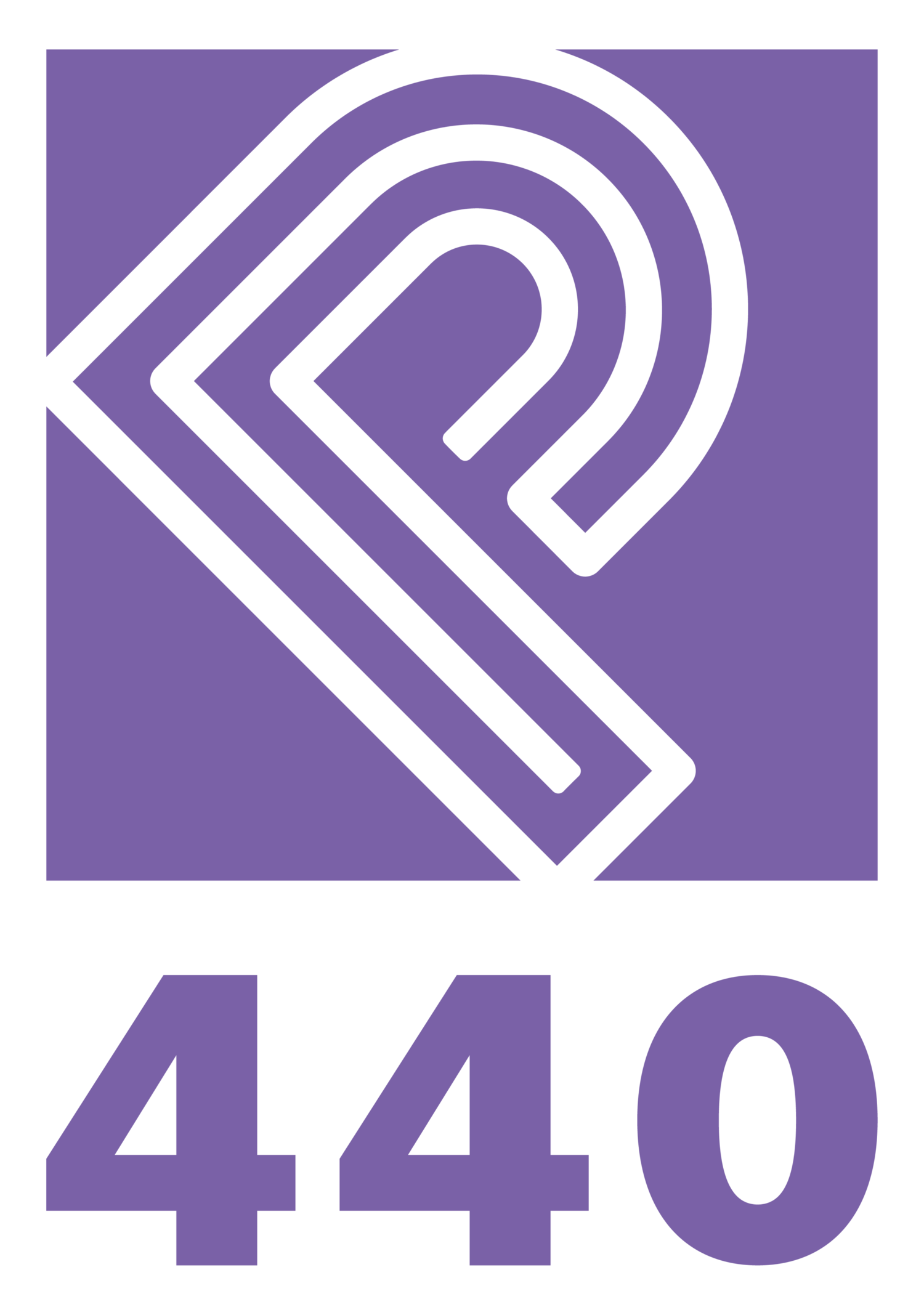Cigus Vanni AKA “The College Fairy” is Project 440’s college specialist and Instruments for Success Lead Teaching Artist. He has more than 40 years of experience in college search and selection including as a college admissions counselor, school counselor, and school psychologist. Cigus is the first member of his family to attend college, earning his BA from Swarthmore College and certification in school psychology from Bryn Mawr College. Cigus is also a five-time winner and undefeated Jeopardy! champion—he knows a lot of stuff!
This month, Cigus answers three questions about how to begin the college search process.
Q: What would you advise a student who has no idea where they want to go to college? Where should they begin?
A: Begin with a thorough self-appraisal and ask yourself three questions: What do I like to do? What do I want to do? What can I do? Move from here to core values that you hold about people, education, social connections and professional goals; once you have some clarity here, start your college search at a reputable website such as The College Board or College Navigator, and seek advice from a teacher, advisor, or counselor if you can.
Q: Do students have to take the SAT or ACT to get into college?
A: Maybe… More than 80% of four-year colleges in the US are test optional, and 59 of these schools are test-blind—meaning that they do not consider test scores at all. In many cases, however, submitting test results could enhance one’s standing as an applicant. My best advice? Unless you are certain you will be attending a test-optional school and are comfortable not taking the ACT or SAT, take your best shot at one of these at least and see how you do. You own your test results, so you would not be compelled to share or reveal these with any college if you do not fare up to your expectations.
Q: How do I know if I qualify for Financial Aid?
A: Unless you are fortunate enough to have access to a substantial income and or set of assets, you are likely to qualify for some financial aid. However, financial aid does not come automatically,—there is an application called the FAFSA (Free Application for Federal Student Aid) that every college requires and several additional forms that may be requested by a specific college. The FASFA application opens on October 1 of each school year. I would recommend that you apply as early as you can and no later than February 1.
One more Bonus question…
Q: What’s your advice for students who may not be ready to go to college after they graduate high school? Are there other pathways or educational opportunities available?
A: Yes—and there is an abundance of options such as employment, military service, or community service. Alternative educational opportunities include apprenticeships for trades, vocational education, and online certifications in such areas as computer science and information technology, and project management.
Check our April e-newsletter to read more of Ask Me Anything with Cigus "The College Fairy" and be sure to visit Cigus at his table at the College Fair for Musicians on Saturday, June 4 at the Kimmel Center.

